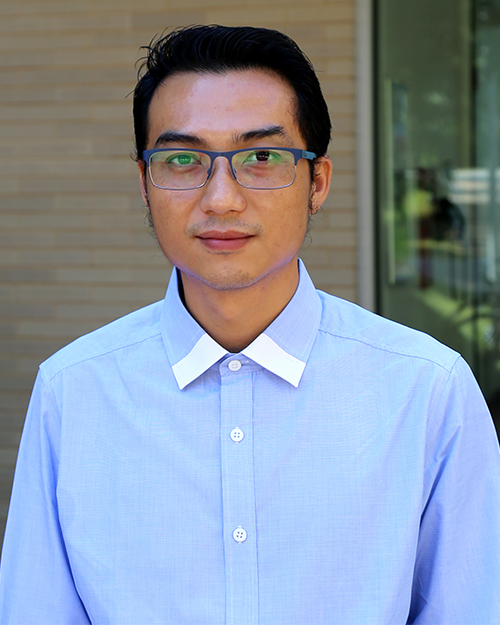
Fulbright Scholar
Concentration: Health Systems
Before coming to the U.S., Sai Thiha Tun worked in several different humanitarian organizations, including The Union, the Asian Harm Reduction Network and the Pyi Gyi Khin Foundation. For two years prior to enrolling in Heller’s MS program in Global Health Policy and Management, Sai Thiha Tun worked with Doctors Without Borders in his home country of Myanmar. “I was working on a comprehensive project in my hometown to treat the population of people with HIV and AIDS. We provided nearly 4,500 treatments to the HIV infected population there before I left the project,” he says.
Ever since he graduated college, Sai knew he wanted to work in the public health field. “When HIV/AIDS was discovered in 1988, it was a death sentence for people in my country. In school I learned that not only is it preventable, there are drugs that can suppress the virus and give the patient a nearly normal life. That made me want to work in these kinds of organizations, to try to get people more treatment.”
Despite much of the success Sai experienced in his work with Doctors Without Borders, he also observed many of the barriers to care that people in Myanmar face. He also faced bureaucratic barriers himself, often acting as a liaison to the Ministry of Health and Sport. “I thought it was time to improve my skills and knowledge,” says Sai, who is now a Fulbright Scholar.
“After I graduate, I will go back to Myanmar and try to advocate for health policy reform. I’d like to focus on broader questions of access to health care. A lot of people in my country, especially those who live in very remote or conflict-prone areas, have difficulty getting treatment. For example if a conflict arises in a rural area, an HIV-infected person who needs to maintain regular treatment may not be able to get out of their village to obtain their drugs.”
Sai also hopes to contribute to health care workforce issues in his home country, noting that physicians in Myanmar work incredibly long hours, and are often overwhelmed with their workload. “As a result, the patients feel they’re not being treated very well. I want to focus on how to solve this issue, which is linked with health financing, because the salary of health care professionals is very low compared with other countries.”
As this is his first time in the U.S., Sai says he’s both excited and a bit nervous. “The education system is very student-centered, very different from how I’ve been taught in my country, where self-study is not very common. But I’m excited about the weather. The state where I’m from is considered cold for Myanmar, but I don’t think it will be cold compared to here!”
